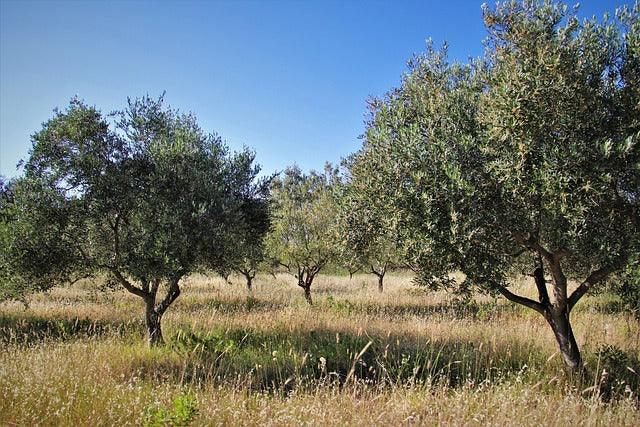Introduction
When it comes to high-quality olive oil, Greece is renowned for producing some of the best in the world. One standout feature of Greek olive oil is that it is predominantly extra virgin. But what makes Greek olive oil so special? Let’s explore why Greek olive oil is mostly extra virgin and delve into its unique characteristics, production process, and health benefits.
The Essence of Extra Virgin Olive Oil
Extra virgin olive oil (EVOO) is the highest quality olive oil available. To qualify as extra virgin, the oil must meet stringent standards in terms of acidity, flavor, and absence of defects. Greek olive oil consistently meets these standards due to several key factors.
Unique Growing Conditions
Climate and Soil: The Mediterranean climate, combined with the rich, fertile soils of Greece, provides the perfect conditions for olive cultivation. The warm temperatures, ample sunshine, and well-drained soil result in olives that are rich in flavor and nutrients.
Olive Varieties: Greece is home to a variety of olive trees, including the Koroneiki, Kalamata, and Tsounati. These varieties are known for their robust flavors and high oil content, contributing to the superior quality of Greek olive oil.
Traditional Harvesting and Production Methods
Hand-Picking: Unlike large-scale industrial operations, many Greek olive groves still rely on traditional hand-picking methods. This careful handling ensures that the olives are picked at the perfect ripeness and are not damaged, which is crucial for maintaining the quality of the oil.
Cold Pressing: To produce extra virgin olive oil, the olives are cold-pressed within hours of harvesting. This process involves mechanically pressing the olives without the use of heat or chemicals, preserving the natural flavors, aromas, and nutrients of the oil.
Health Benefits of Greek Extra Virgin Olive Oil
Rich in Antioxidants: Greek extra virgin olive oil is packed with antioxidants, including vitamin E and polyphenols, which help combat oxidative stress and inflammation.
Heart Health: The high content of monounsaturated fats in Greek olive oil is linked to improved heart health, as it can help reduce bad cholesterol levels and lower the risk of heart disease.
Anti-Inflammatory Properties: The polyphenols in extra virgin olive oil have powerful anti-inflammatory effects, which can benefit overall health and reduce the risk of chronic diseases.
Conclusion
In summary, Greek olive oil stands out in the global market due to its predominantly extra virgin quality. The unique growing conditions, traditional harvesting and production methods, and impressive health benefits all contribute to making Greek extra virgin olive oil a superior choice for culinary and health purposes. Incorporating this liquid gold into your diet is a delicious and nutritious way to enjoy the best that Greece has to offer.
To learn more about the rich history and benefits of olive oil, check out these additional resources:
- Health Benefits of Olive Oil
- The Mediterranean Diet Guide
External Links:
- Harvard T.H. Chan School of Public Health: The Nutrition Source
- Healthline: 11 Proven Benefits of Olive Oil
These links provide valuable information and insights that can enhance your understanding and appreciation of olive oil's historical and contemporary significance.












